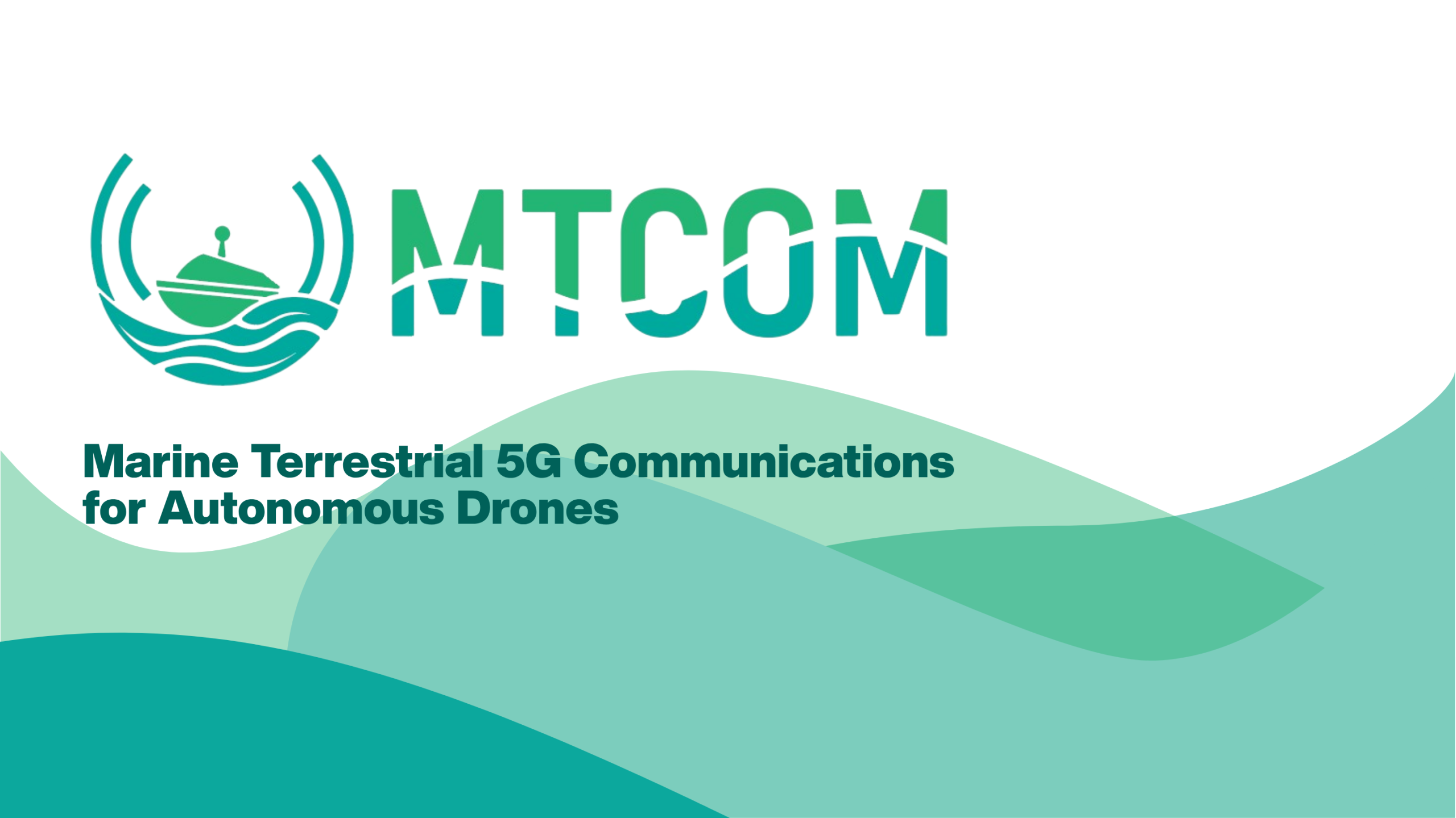
The MTCOM project aims to develop and test technologies for the port of the future. In particular, the project aims to prototype a control and positioning system for autonomously guided vessels, equipped with sensors for controlling port operations and monitoring marine pollution, whose operation is controlled and coordinated through a 5G private radio-mobile network. The MTCOM proposal fits into the innovation theme related to the Technologies of the Sea, following the technological trajectories of the Ligurian District for Marine Technologies (DLTM).
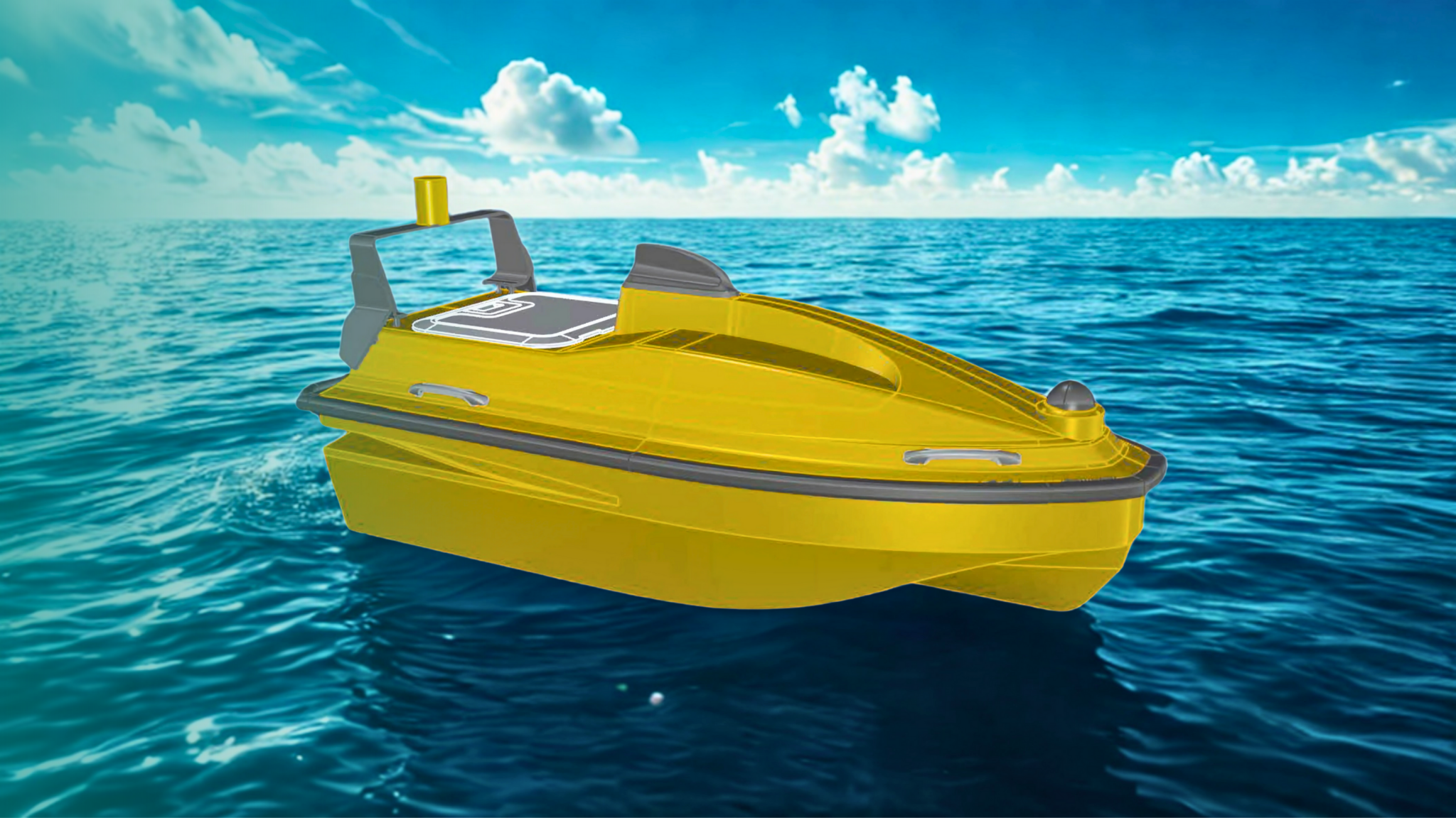
The MTCOM (Marine Terrestrial Communications) project is focused on enabling the port of the future through the integration of advanced monitoring and communication technologies. With key objectives including environmental monitoring, surface pollution detection, and vessel traffic monitoring, MTCOM is paving the way for safer, cleaner, and more efficient maritime operations. Leveraging autonomous systems and next-generation connectivity, the project contributes to a sustainable and innovative transformation of port ecosystems.
The project is actively developing an advanced infotelematic infrastructure to support:
5G services,
Sensor-based applications for data acquisition, processing, and visualisation,
Cloud computing technologies,
Automation and orchestration of deployment and network configuration procedures, ensuring a faster and more efficient system rollout.
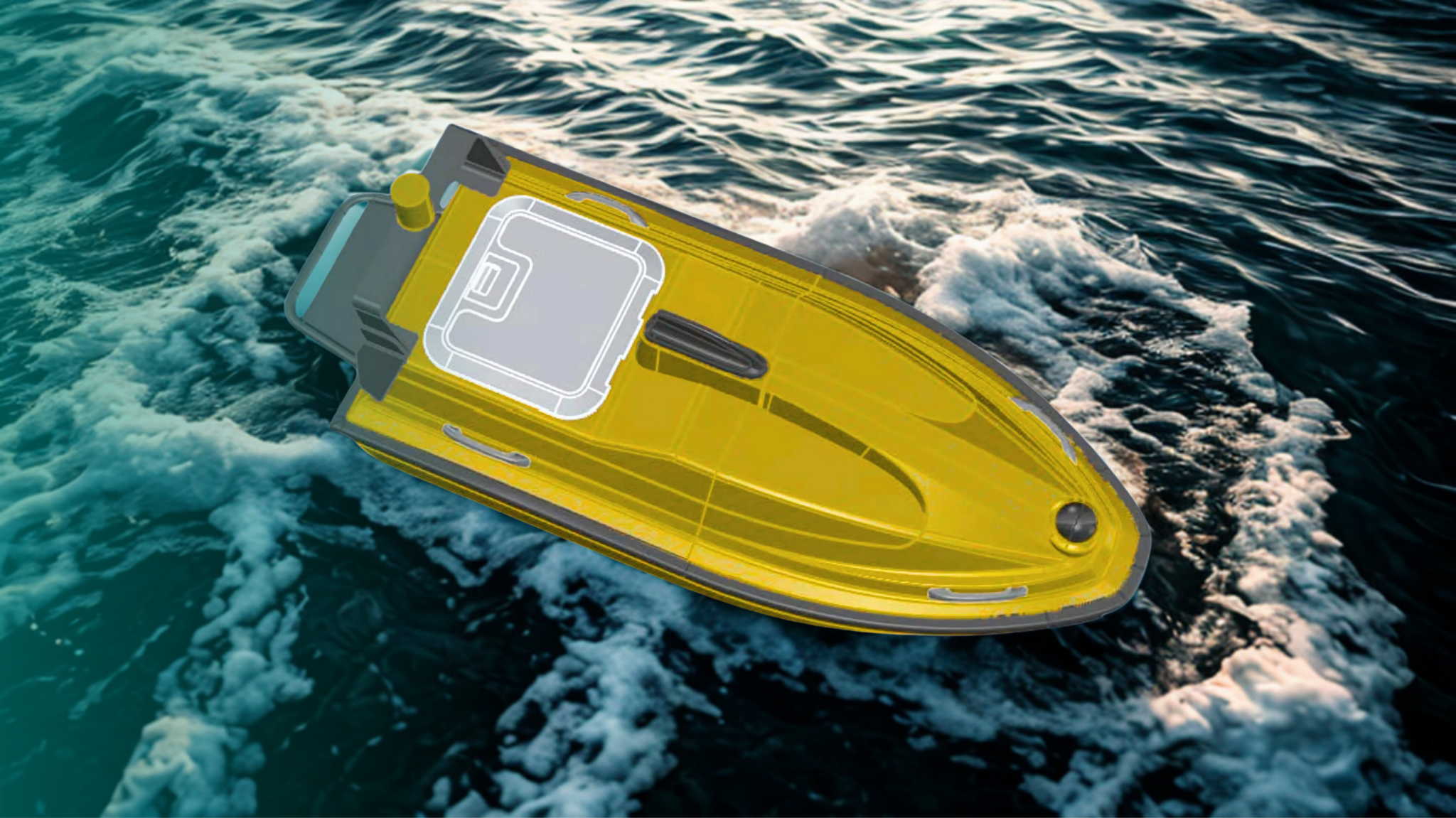
To meet the project’s ambitious goals, the experimental setup has been structured into three interconnected clusters:
5G Network Deployment
A set of antennas has been strategically installed to ensure coverage across the gulf and the commercial port area. A centralised control room enables real-time data monitoring and system supervision.
Surface Marine Drones
Uncrewed Surface Vehicles (USVs) are employed to monitor sea conditions. These are fully integrated into the private 5G network, enabling seamless data transmission and remote control.
Stakeholder Engagement
The project creates space for collaboration with logistics operators and public 5G network providers, fostering a shared innovation ecosystem.
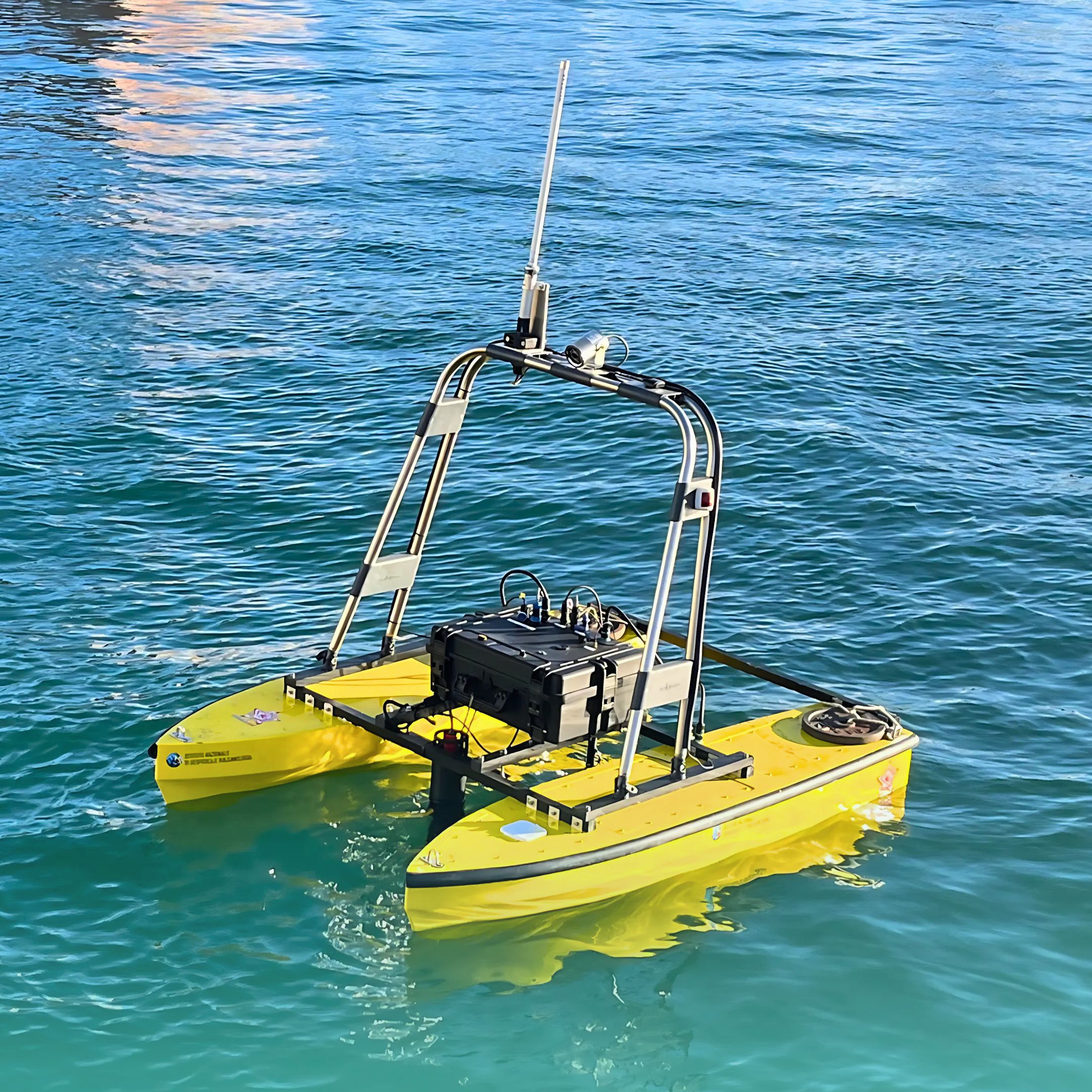
Equipped with a multiparametric probe (measuring conductivity, temperature, level, pH, dissolved oxygen, redox) and a stereo camera for obstacle detection. Designed for sensor flexibility and seamless integration.
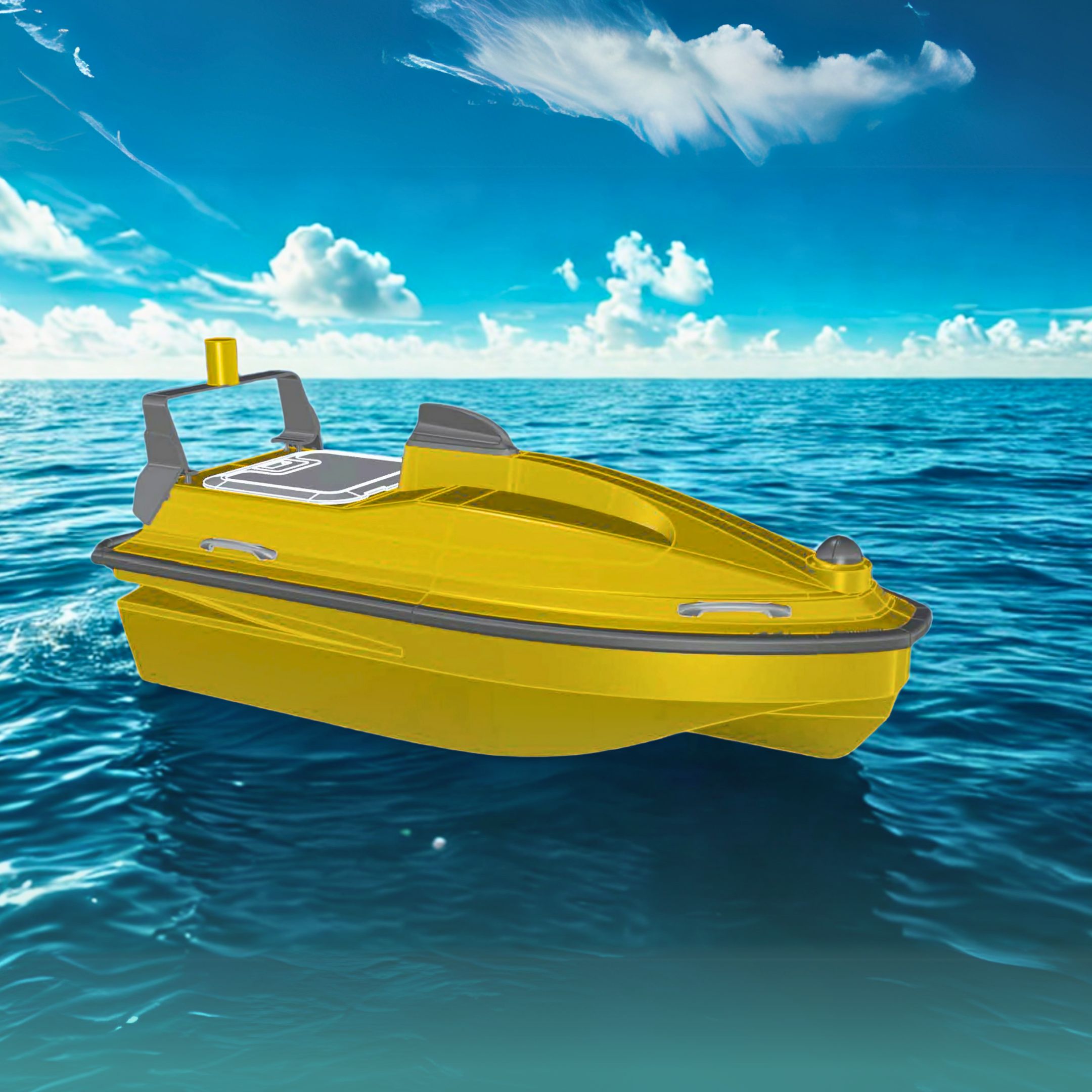
Designed with the same modularity and ROS architecture, this vessel carries a fluorimeter for oxygen measurement and a stereo camera system, ensuring reliable environmental monitoring.
MTCOM aims to unlock new application opportunities and use cases relevant to key stakeholders — ranging from infrastructure monitoring to environmental innovation:
Environmental monitoring
Pollution detection
Maritime traffic tracking
Critical infrastructure surveillance
At its core, MTCOM is a territorial innovation engine. The project fosters:
New roles emerge to support innovation and technology in the maritime sector.
The project creates high-skilled employment opportunities linked to advanced marine technologies and digital infrastructure.
Strong ties with research hubs accelerate development and knowledge exchange.
MTCOM promotes collaborations with innovation centres to strengthen research, experimentation, and real-world application.
La Spezia becomes a centre for high-tech marine innovation.
By fostering a cluster of specialised companies, MTCOM boosts regional competitiveness in smart maritime systems.
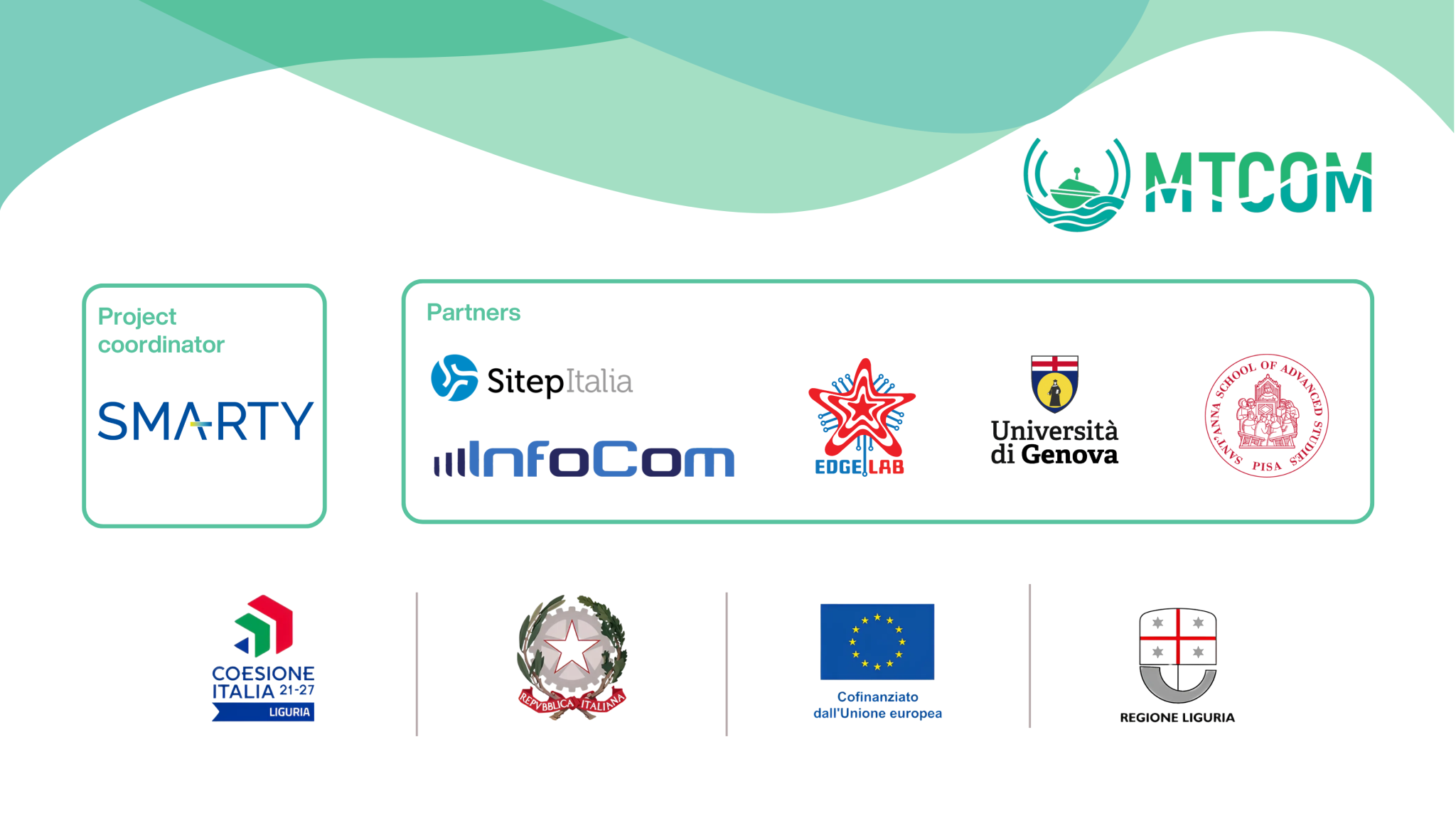
Project co-financed by the Regional Programme – European Regional Development Fund (ERDF) Liguria 2021–2027.
Project code: G49J23000860009
Project cost: € 1.358.545,67
Project funding: € 765.364,65
Project duration: 24 months (02/04/2024 – 01/04/2026)
Operating Unit:
Via Privata OTO, 10 – 19136 La Spezia (SP) – Italy
Copyright © 2025 EdgeLab S.p.A. – VAT number 01668200494 – All rights reserved.